Ammonium Bicarbonate
Ammonium bicarbonate is a white, crystalline powder with the chemical formula NH4HCO3. It is a salt that is commonly used in various industries and applications. Here are some key points about ammonium bicarbonate:
1. **Leavening Agent**: Ammonium bicarbonate is often used as a leavening agent in baking. When heated, it decomposes into carbon dioxide gas, which helps dough rise and gives baked goods a light and airy texture. It is commonly used in traditional recipes for cookies, biscuits, and crackers.
2. **pH Buffer**: Ammonium bicarbonate is also used as a pH buffer in various chemical and industrial processes. It helps to control and stabilize the pH of solutions, making it useful in industries such as pharmaceuticals, textiles, and agriculture.
3. **Agricultural Applications**: In agriculture, ammonium bicarbonate is sometimes used as a source of nitrogen fertilizer. It provides plants with a readily available source of nitrogen, which is essential for plant growth and development.
4. **Textile Industry**: Ammonium bicarbonate is used in the textile industry as a dyeing agent and a flame retardant. It helps to fix dyes to fabrics and textiles and can also act as a buffering agent in dyeing processes.
5. **Fire Extinguisher**: Ammonium bicarbonate can be used in certain types of fire extinguishers as a fire-suppressing agent. When heated, it releases carbon dioxide gas, which helps to smother the fire by displacing oxygen.
6. **Other Uses**: Ammonium bicarbonate has various other applications, including as a blowing agent in the production of plastics and rubber, as a reagent in chemical synthesis, and as a component in some cleaning agents.
It is important to handle and store ammonium bicarbonate properly, as it can release ammonia gas when exposed to moisture or high temperatures. Proper safety precautions should be followed when working with this chemical to prevent potential hazards.
Original price was: ₦25,000.00.₦20,000.00Current price is: ₦20,000.00.
Description
Ammonium bicarbonate, a white crystalline powder with the chemical formula NH4HCO3, has several industrial applications. Here are a few common industrial uses of ammonium bicarbonate along with safety considerations:
### Industrial Applications:
1. **Leavening Agent in Baking**: Ammonium bicarbonate is used as a leavening agent in baking products like cookies, biscuits, and crackers. When heated, it decomposes into ammonia, carbon dioxide, and water, causing dough to rise and resulting in a light and airy texture in baked goods.
2. **pH Buffer in Chemical Processes**: It is used as a pH buffer in various chemical and industrial processes to control and stabilize the pH of solutions. This is important in industries such as pharmaceuticals, textiles, and food processing.
3. **Agricultural Fertilizer**: Ammonium bicarbonate is sometimes used as a source of nitrogen fertilizer in agriculture. It provides plants with a readily available source of nitrogen, which is essential for plant growth and development.
4. **Textile Industry**: In the textile industry, it is used as a dyeing agent and flame retardant. It helps fix dyes to fabrics and textiles and can act as a buffering agent in dyeing processes.
### Safety Considerations:
1. **Toxicity**: Ammonium bicarbonate can release ammonia gas when it comes in contact with moisture or high temperatures. Ammonia gas is toxic and can cause respiratory irritation and other health issues. It is important to handle the substance in a well-ventilated area and wear appropriate personal protective equipment (PPE) like gloves and a mask.
2. **Storage**: Store ammonium bicarbonate in a cool, dry, well-ventilated area away from incompatible materials. Keep containers tightly closed when not in use.
3. **Handling**: Avoid inhaling dust or fumes from ammonium bicarbonate. If working with the substance, wear appropriate PPE to protect your skin, eyes, and respiratory system.
4. **Spills and Cleanup**: In case of spills, clean up the material following proper procedures. Avoid creating dust and ensure proper ventilation during cleanup. Dispose of waste according to local regulations.
5. **Emergency Response**: In case of exposure or accidental ingestion, seek medical attention immediately. Have a clear emergency response plan in place for dealing with potential accidents involving the substance.
Always refer to the Safety Data Sheet (SDS) provided by the manufacturer for specific safety information and handling instructions for ammonium bicarbonate.

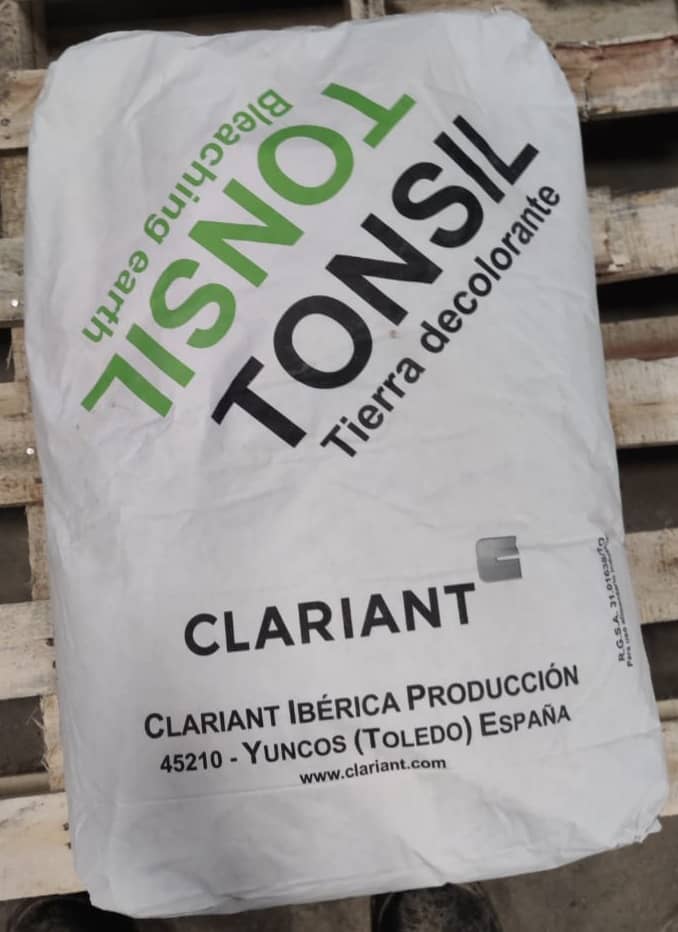
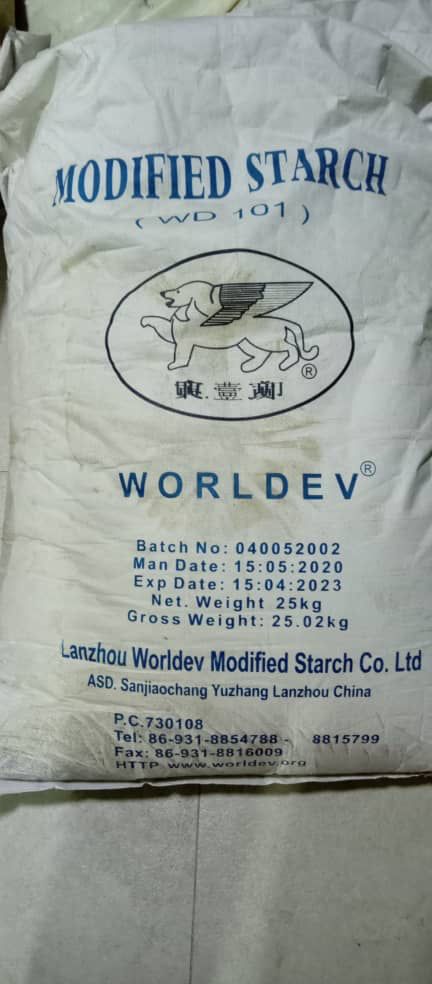
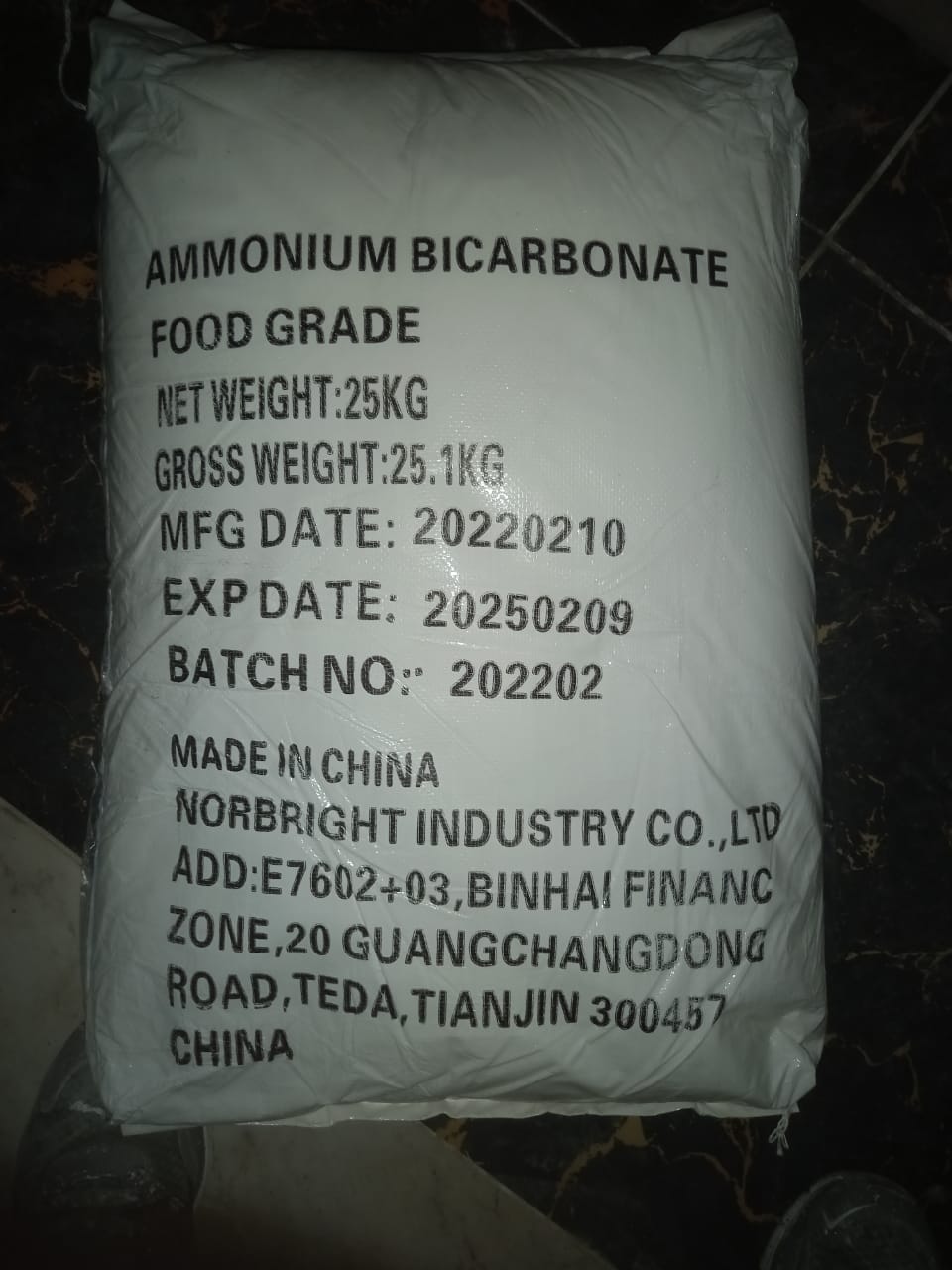
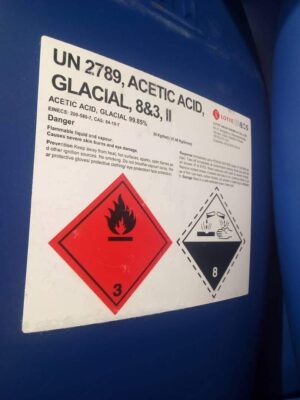
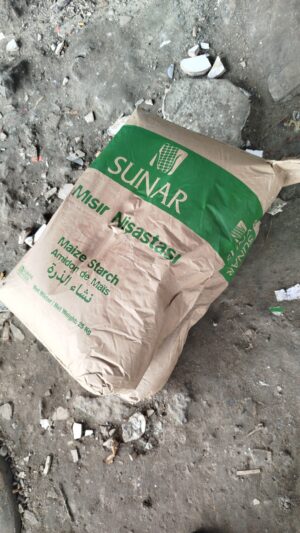
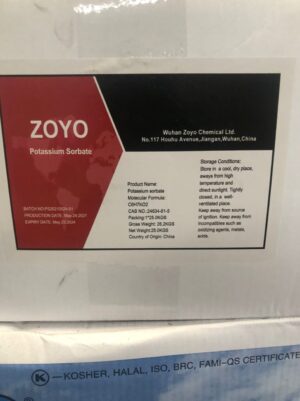
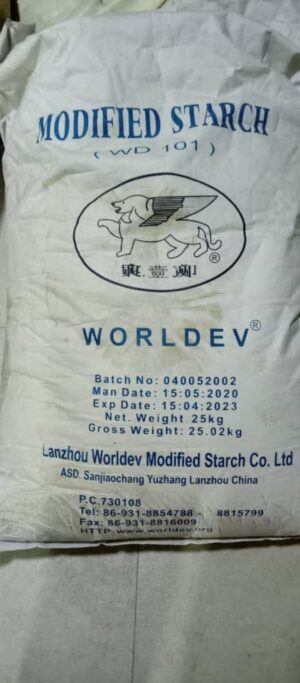
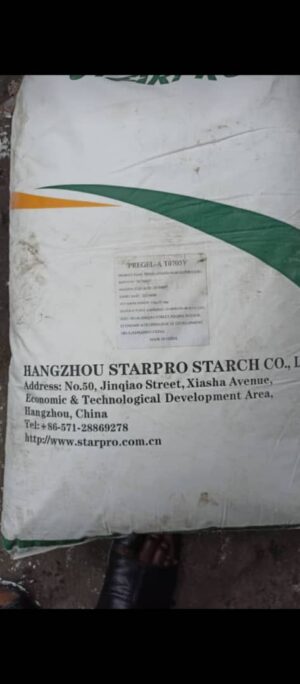
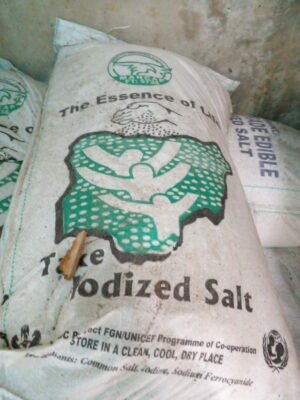
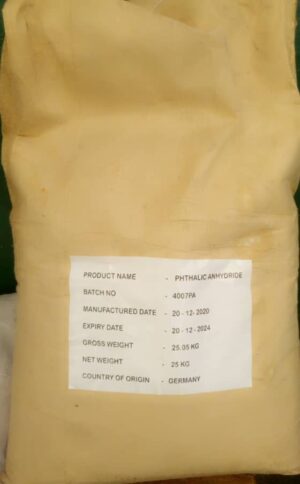
Reviews
There are no reviews yet.